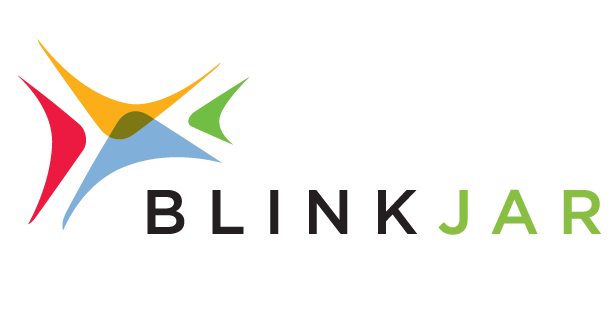Baton Rouge SEO Experts: A Search Engine Optimization Checklist
SEO, search engine optimization, is essential for a business's website because it directly impacts visibility in search engine results, helping potential customers find your products or services. With effective SEO, your site can rank higher on Google and other search engines, leading to increased organic traffic and brand credibility. This is crucial for staying competitive, as consumers often trust top-ranked sites more and are more likely to click on them. By optimizing your website for SEO, you’re investing in long-term growth by attracting relevant visitors and ultimately driving more conversions and revenue.
What are the Essential SEO Components for Your Website?
Effective SEO relies on a few essential steps that include keyword optimization, high-quality content, on-page SEO, technical SEO, and backlinks. On-page SEO, such as using proper headings, meta descriptions, and alt text, improves readability and relevance. Technical SEO focuses on site speed, mobile-friendliness, and secure connections (SSL). Together, these components work to improve your site’s ranking, drive traffic, and enhance your user’s experience.
Website Page Titles and Descriptions
Adding a concise, keyword-rich title will help search engines index your content. Also, creating a short, relevant description that describes what each page is about and the expertise of your company is helpful in driving engaged traffic.
SEO Descriptions for Each Website Page
Every page, blog post, and service should have a unique SEO description that summarizes its content. These are called meta descriptions and provide a preview of what each page contains on a search engine results page, or SERP.
The Importance of Website Page Titles
Page titles are vital for SEO as they tell search engines and users what each webpage is about, making it easier for search engines to index content accurately. A well-crafted page title includes relevant keywords that match what people are searching for, helping the page rank higher in search results. Page titles are also one of the first things users see in search engine results, so a clear, descriptive title can increase click-through rates by attracting more visitors.
Website Design for Online Branding
Website design plays a crucial role in online branding, serving as the digital face of a business and influencing visitors' perceptions from the moment they land on a page. A well-designed website can align with your brand’s visual identity, including your logo, colors, and fonts, while also reflecting your brand’s voice and values. Consistency in design builds trust and familiarity, helping to establish credibility and set the business apart from competitors. With user-friendly navigation, mobile responsiveness, and engaging visuals, a strong website design not only captures attention but also fosters a positive experience, encouraging visitors to stay longer, explore more, and ultimately engage with the brand.
What is a Website Browser Icon (Favicon)?
A favicon strengthens brand visibility on search engines and browser tabs.
Social Sharing Images for Your Website
Social media images help represent your business consistently across social platforms.
Custom 404 Pages for Your Website
Use links to direct visitors to main pages if they encounter a broken link, reducing bounce rates and retaining visitor engagement.
3 Keys to Website Domain and URL Structure
- Connect a Custom Domain: Using a branded website domain boosts search ranking and makes your agency easier to find.
- Enable SSL: Confirm SSL is enabled to secure your site and avoid search penalties.
- URL Slugs: Ensure each page’s URL is readable and descriptive. Avoid random characters, and include your page’s main keywords.
Location Information on Your Website
Include your location on your site and create a Google Business Profile will make it easier for potential clients to find you in local searches.
What Needs to be Done After Publishing Your Website
- Website Verification & Indexing: Verify your site with Google Search Console and Bing Webmaster Tools to manage your presence across major search engines.
- Connect Google Analytics to Your Website: Track visitors, keyword performance, and campaign effectiveness with Google Analytics.
- Enable AMP for Blogs: AMP creates a faster, stripped-down version of your blog posts for mobile users.
Following these steps can help position your business for maximum online visibility. For over a decade, BlinkJar Media has been helping businesses and organizations be found online, driving traffic, leads, and customers and clients to their websites. Reach out to BlinkJar today for a consultation about how to maximize your online presence.








